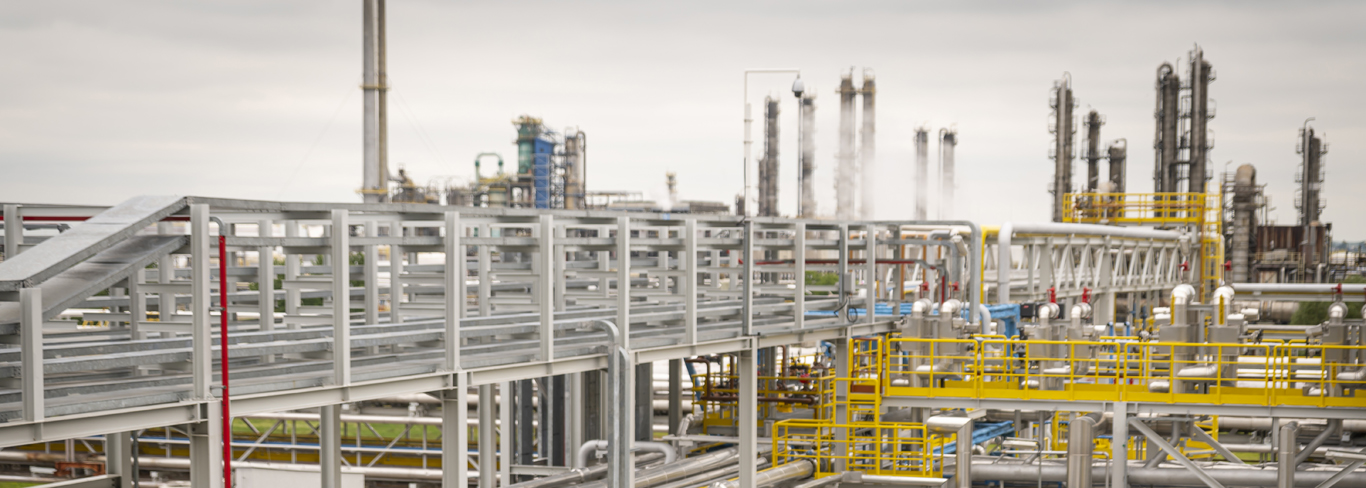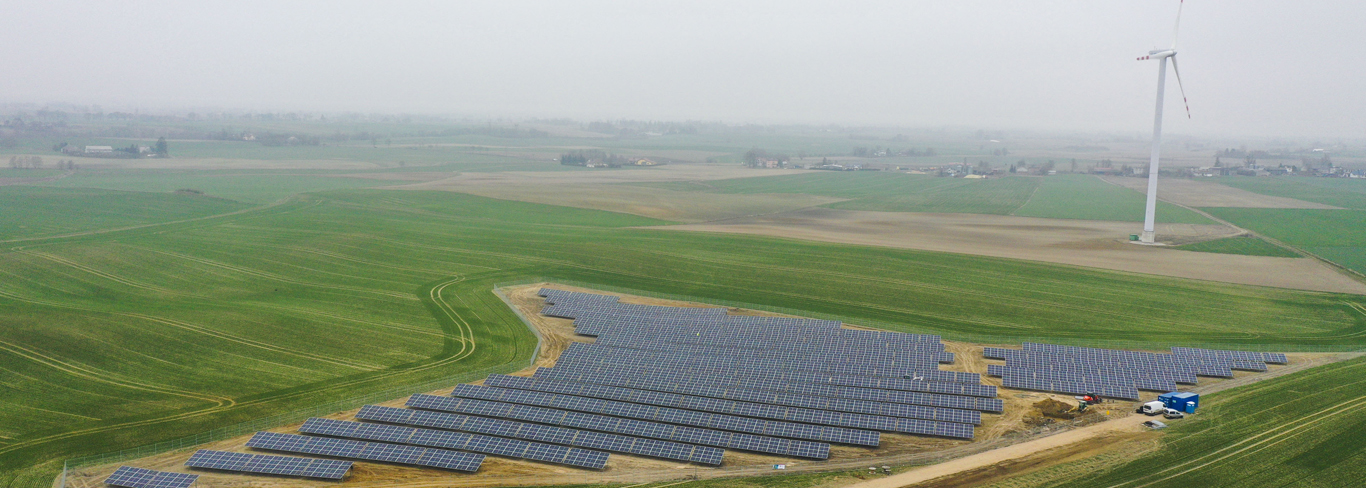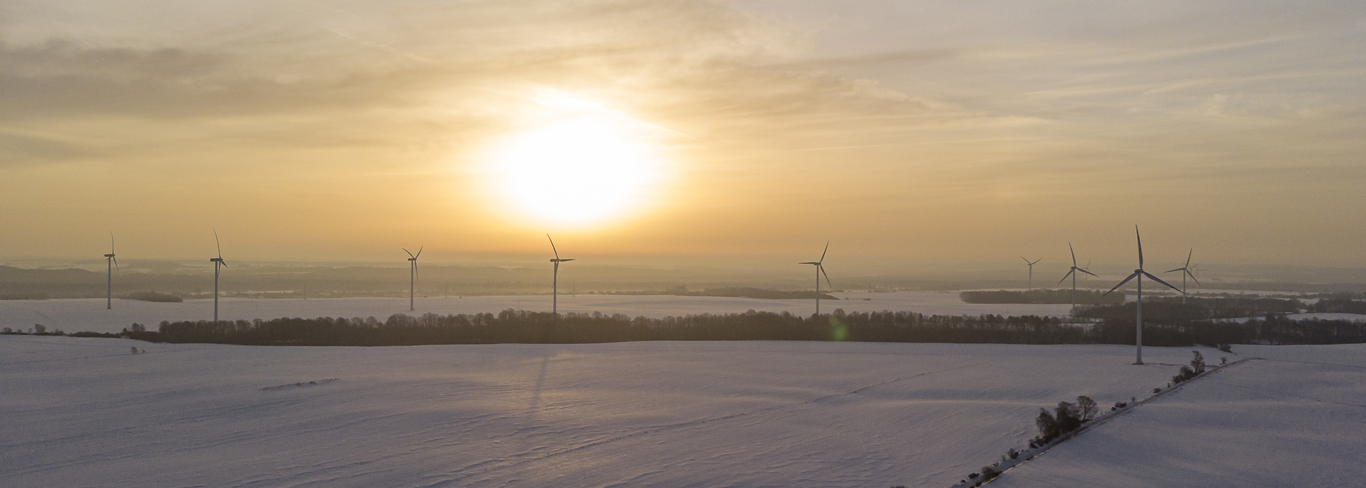
WASTE
Waste generated by the ORLEN Group includes primarily waste from processing of crude oil, production of organic chemicals and fuel combustion, as well as sludge from treatment of industrial waste water, waste oils and post-repair waste.
The total volume of waste other than municipal waste generated in 2020 by the Group companies exceeded 291,600 tonnes. The largest volumes were generated by Energa Group companies: more than 115,000 Mg, including over 113,000 thousand tonnes of non-hazardous waste. Of the total waste volumes generated last year, almost 280,000 tonnes was transferred to third parties for recovery or disposal, while 1,307 Mg was transferred to licensed collection companies within the ORLEN Group. The ORLEN Group companies recovered almost 80,300 Mg of waste generated internally and collected from third parties, and disposed of almost 86,000 tonnes of waste using their own facilities.
In 2020, 28,700 tonnes of waste was stored.
Circular economy aspects have been implemented in some of PKN ORLEN’s processes. The flue gas desulfurisation unit operated in Płock not only helps reduce emissions but also delivers high quality synthetic gypsum, which has been recognised as a product in its own right. This method of producing gypsum helps protect its natural resources. ORLEN Południe is Poland’s only company that operates a specialist hydrogenation line,enabling safe regeneration of waste oils into base oils used to make lubricating oils. The process is a model example of a circular economy solution.
Data on the amounts of generated hazardous and non-hazardous waste is presented below.
Waste volumes generated at ORLEN Group companies
|
Quantity of generated waste [Mg] |
2020 |
2019 |
change % |
|
Hazardous waste |
81,295 |
112,745 |
-27.89 |
|
Non-hazardous waste |
210,341 |
107,779 |
95.16 |
|
Total |
291,636 |
220,524 |
32.25 |
Changes in the structure of generated waste were in particular attributable to operations of the Energa Group companies.
Wastemanagement
The waste managed by the ORLEN Group in 2020 was subjected to recovery and disposal at the companies’ own facilities or recovered otherwise. Some of the waste was stored and the remaining volumes were transferred to licensed third-party operators.
|
Waste management |
Hazardous waste |
Non-hazardous waste |
|
|
Waste recovered |
at own facilities |
58,997 |
21,254 |
|
other than at own facilities |
0 |
25 |
|
|
Total |
58,997 |
21,279 |
|
|
Waste disposed of |
at own facilities |
4,177 |
734 |
|
thermally treated at own facilities |
29,145 |
11,300 |
|
|
landfilled in own landfills |
1,949 |
38,196 |
|
|
Total |
35,271 |
50,230 |
|
|
Waste landfilled |
9,965 |
18,688 |
|
|
Waste transferred to third parties |
77,345 |
203,837 |
|
|
|
Total |
181,578 |
294,034 |
The largest share of the recovered waste volumes was represented by waste oils recovered using the waste oil regeneration plant at ORLEN Południe. Moreover, waste in the form of used edible oils and fats is recovered at ORLEN Południe in the process of ester and glycerine production.
Additionally, Ship-Service operates recovery and disposal processes in its liquid petroleum waste recovery and disposal unit.
Waste recovery outside the facilities was carried out by ORLEN Południe, which recovered waste from water clarification (19 09 02) using the R10 process – treatment on the land surface, which is beneficial to agriculture.
Thermal processing of waste takes place mainly in the hazardous waste thermal treatment facility operated by ORLEN Eko. The facility is also used to treat waste received from third parties. Moreover, recovery and disposal of internally generated waste is carried out at facilities being a part of the terephthalic acid production unit at PKN ORLEN, PVC production unit, i.e. the unit for hydrogen chloride recovery from organic chloride waste at ANWIL, and wastewater treatment plants of ORLEN Lietuva, ORLEN Południe (Jedlicze Plant and Trzebinia Plant) and Spolana.
In total, over 40,000 tonnes of waste was transferred to the landfills of Energa Group companies, ORLEN Eko and Spolana.
For more information on ongoing circular economy and recycling projects, see ‘Climate responsibility’ .
Cross-bordertransport of waste
The Group complies with the Basel Convention, which means that it operates in accordance with the Convention as well as the EU legislation on cross-border transport of waste. Such transport involves designated border crossing points and designated customs offices. For waste to be exported, the ORLEN Group makes the required notifications or obtains the necessary decisions. In 2020, 8,766 Mg of waste, including 6,262 Mg of hazardous waste (spent catalysts), was transported to other countries. This represents 3% of total waste generated by the ORLEN Group.







